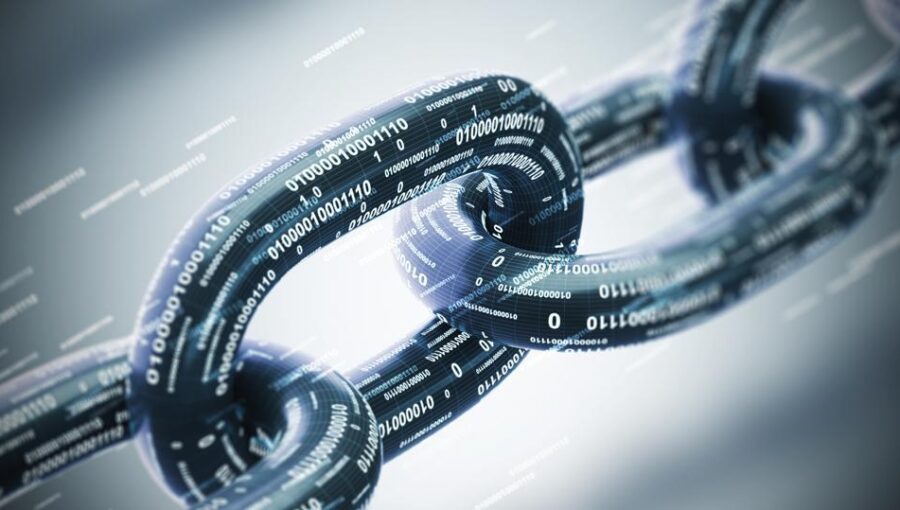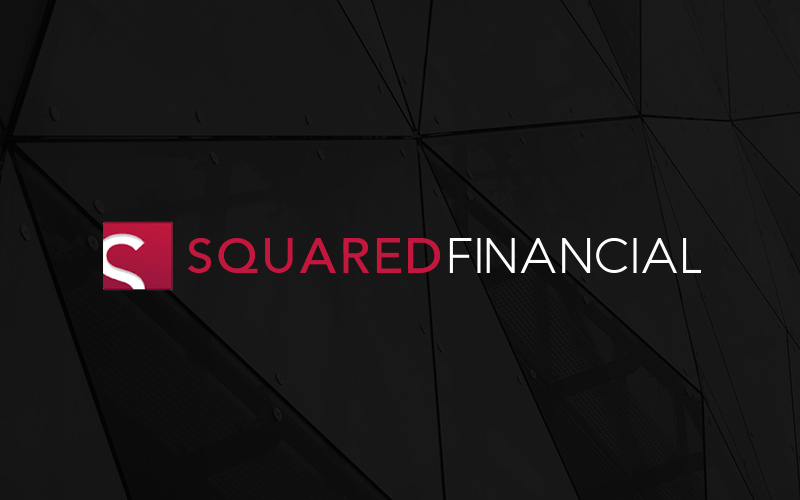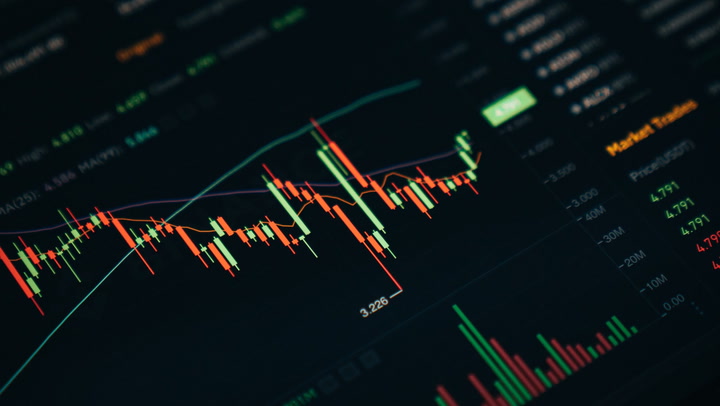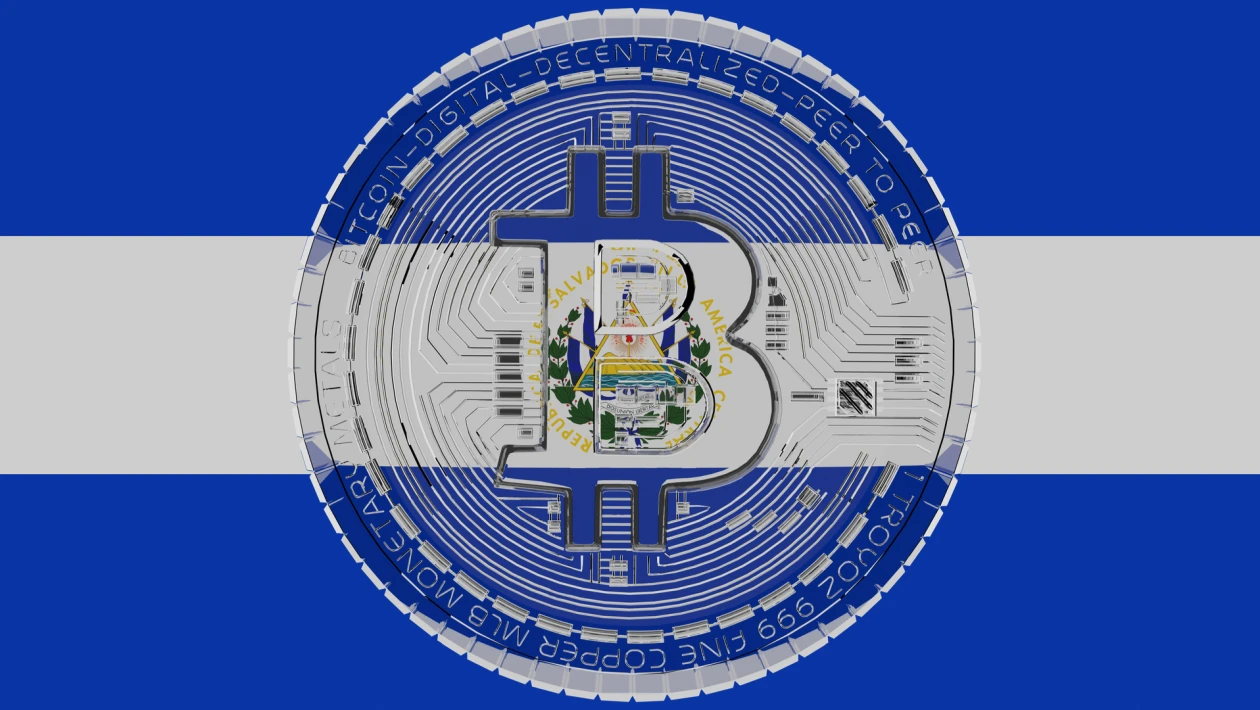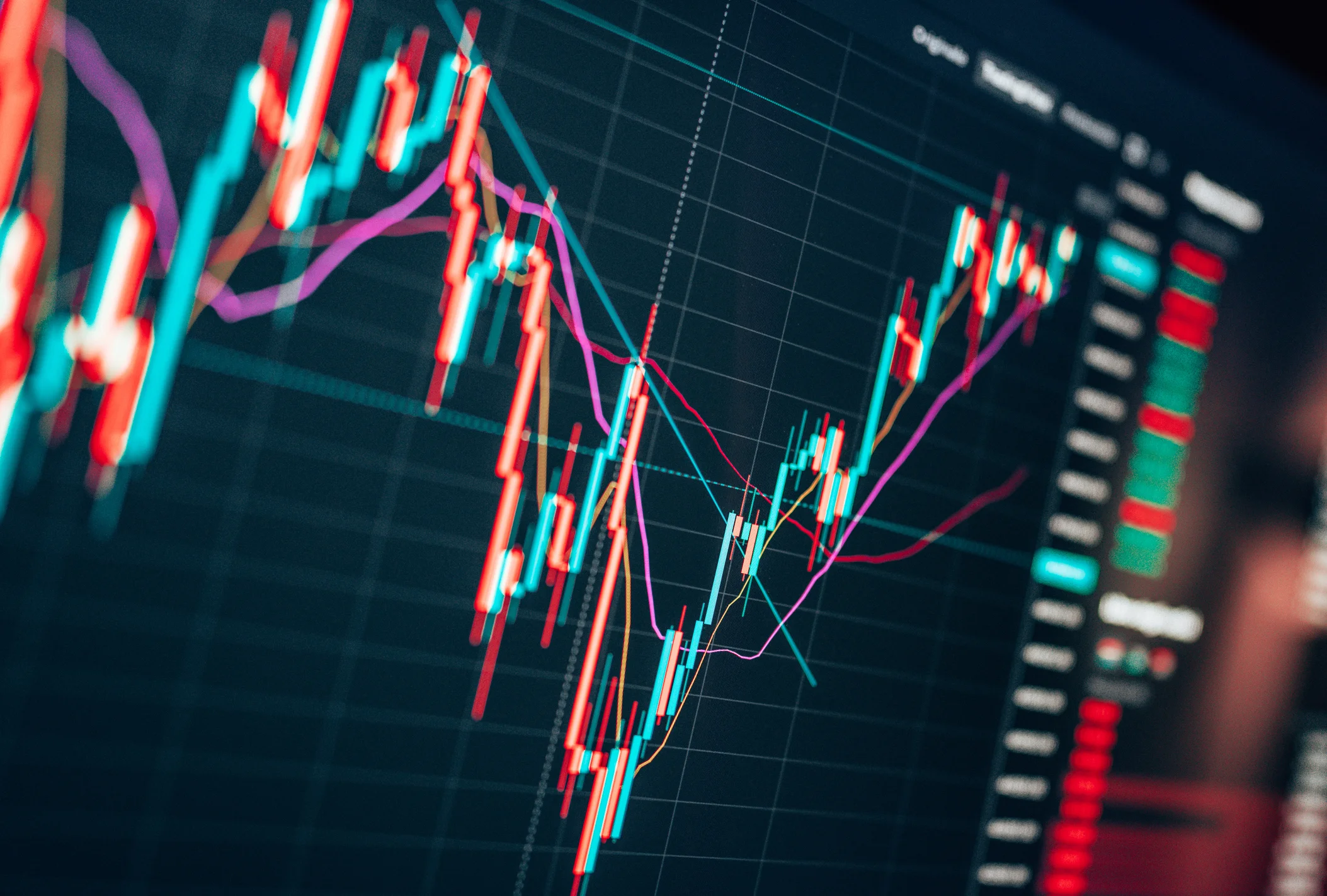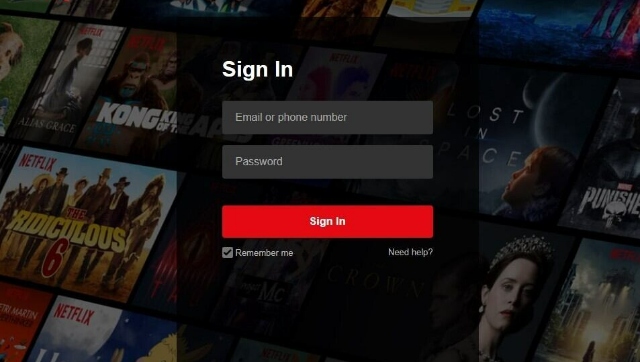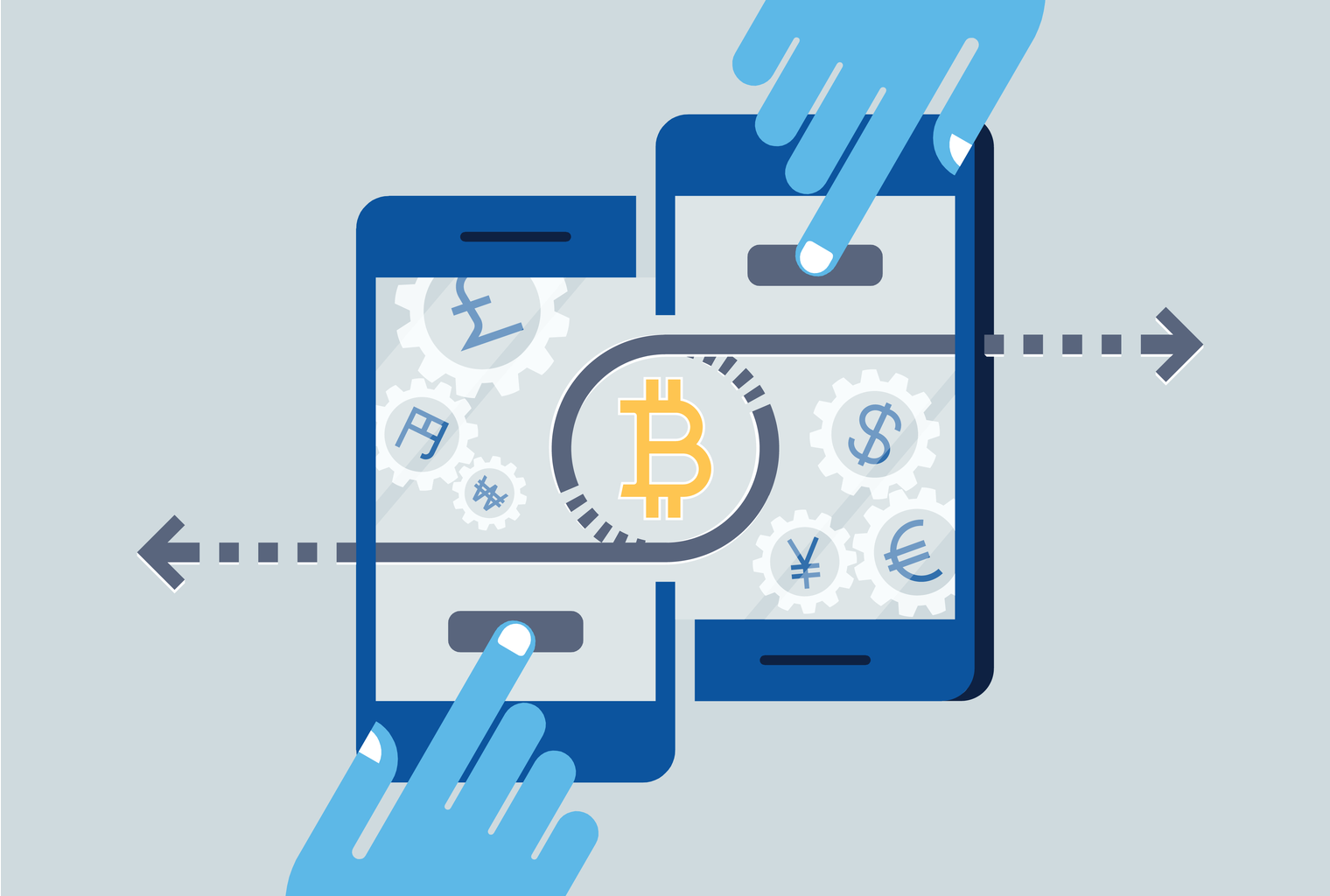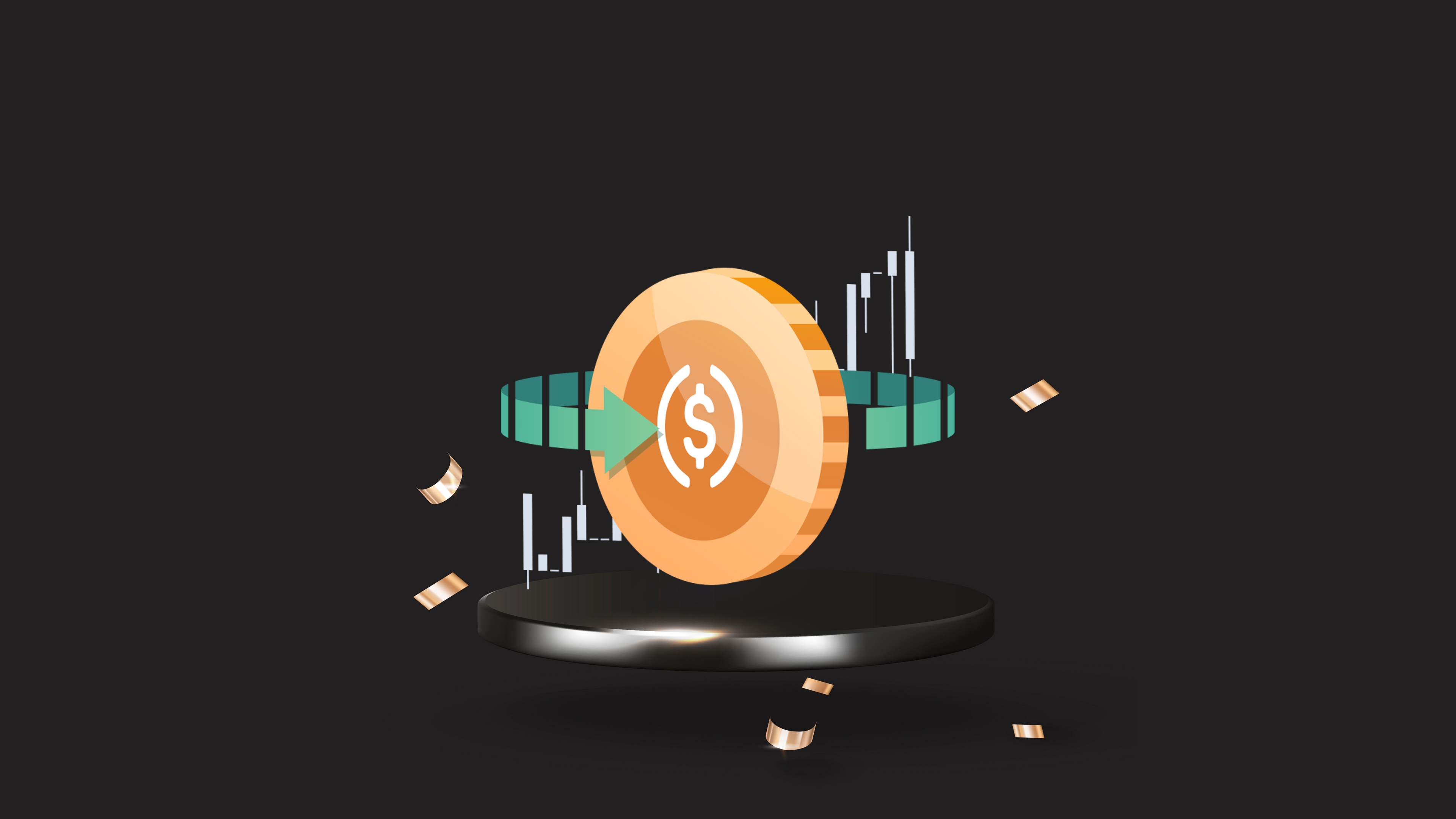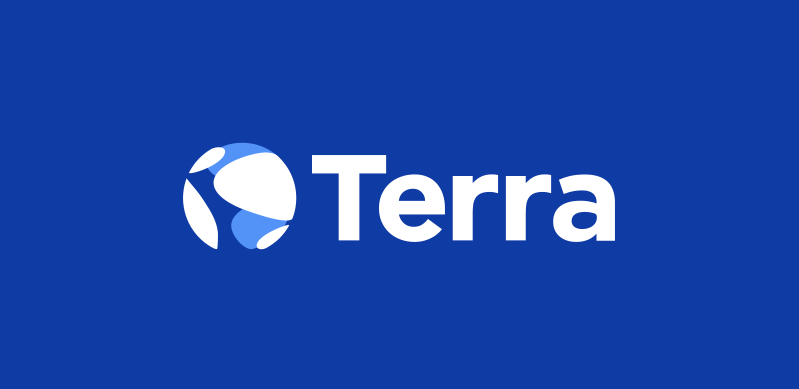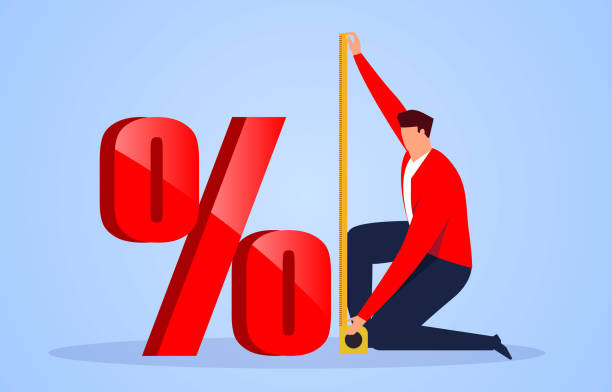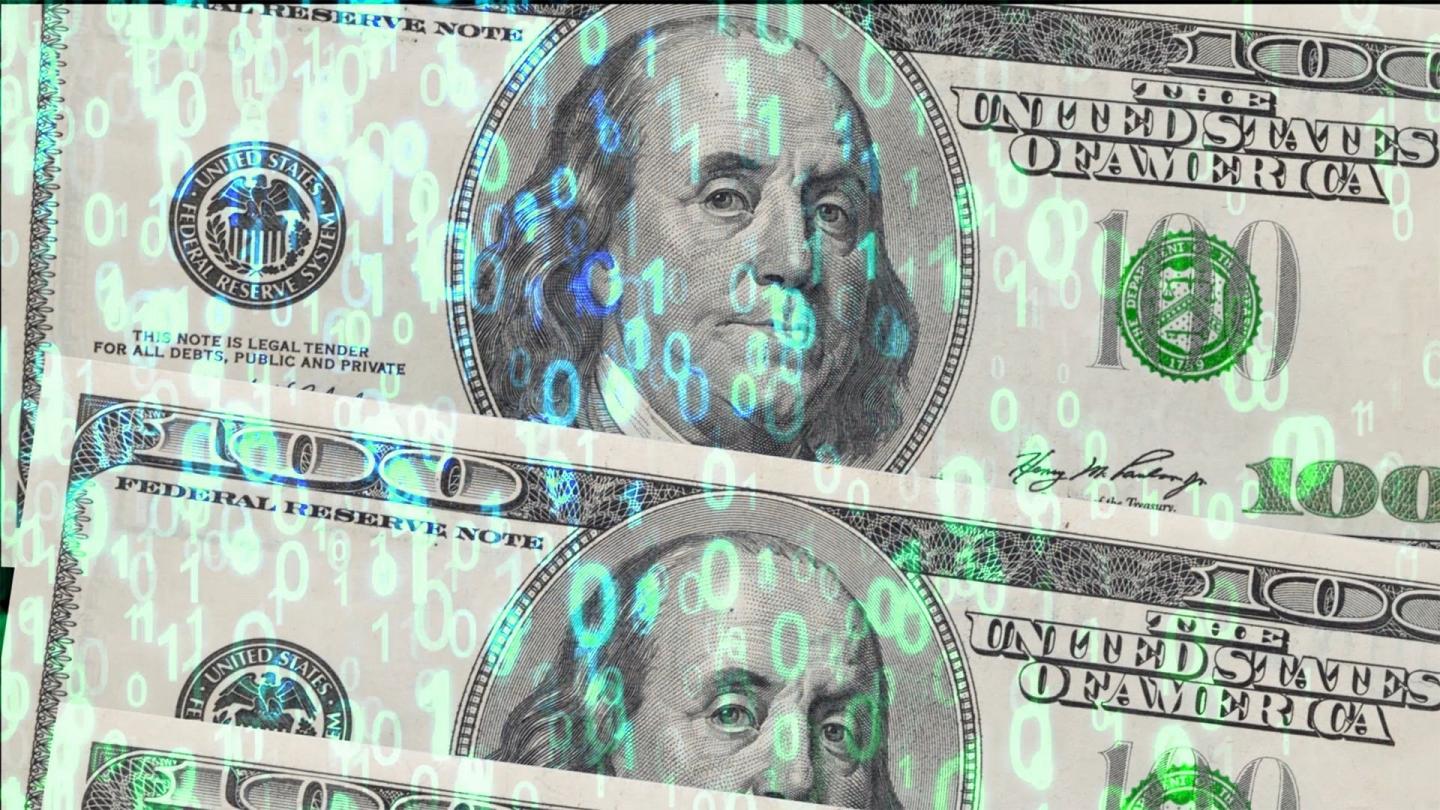America’s Future Depends on the Blockchain.
Bitcoin and other novel "tokenized" assets have reached a total value of more than $3 trillion, as ownership is documented as a unique digital token on a ledger such as blockchain. The race to tokenize all forms of assets is now on. In many ways, using blockchain-based tokens to represent ownership, rights, and duties is preferable to our current financial infrastructure.
Hundreds of billions of dollars in tokenized assets change hands every day on exchanges that run 24 hours a day, seven days a week. The embryonic cryptocurrency market is just the tip of the iceberg when it comes to financial-information technology. There are massive, interconnected payment networks and credit and securities markets beneath the water's surface with asset values in the hundreds of trillions of dollars. We all rely on these markets, but they are due for a functional update.
While securities trading and other financial activities appear to be instantaneous, many back-end procedures still follow rigorous protocols established decades ago. When monies leave the homeowner's bank account, the mortgage payment is not complete. Before they rest, days or weeks later, those monies must pass through several hands. Many of these time-consuming and costly processes can be reduced through tokenization, which provides better market data, increased certainty, and improved security.
The potential for enhanced efficiency in the current system is immense, with billions of dollars in annual savings and increased consumer choice. For both innovators and nimble incumbents, end-to-end tokenization of sovereign currencies, securities, loans, real estate, mortgages, pledges, and related payments and credit is a once-in-a-generation opportunity. Those who are sluggish to adapt face an existential threat.
What is the role of the government? Tokenized financial assets, without a doubt, should be regulated to preserve financial stability, stimulate capital formation, prohibit criminal behaviour, and safeguard consumers. However, the US government must do more. Innovators must be certain that if they follow tried-and-true regulatory standards, they will be free to pursue the market opportunities that enhanced functionality provides. The government should actively promote technology adoption in key US dollar funding and payment areas. It's a question of national security and economic stability.
The U.S. Treasury market, the world's most important financial market, is a government market. Almost all other financial markets, both domestic and international, are linked to the US Treasury market, including the cash in our wallets and the transactions in our bank accounts. The tail of the dog is a central bank's digital currency, or "digital dollar." The dog should be the focus of financial authorities and the private sector.
Dollar predominance and stability are vital for global economic progress, financial stability, and national security in the United States. The dollar's dominance in the face of widespread technological change is far from assured. China sees this technical transformation as an opportunity to expand the reach and influence of yuan-based payments and financing, in addition to achieving operational efficiency.
China's central payment and credit markets are being digitised and tokenized, enabling for more government monitoring and control. There's little doubt that China's leadership intends to apply similar techniques to international trade and banking in order to increase its control over global commerce. The United States must acknowledge that a reserve currency race is underway, and that winning is the only rational goal.
In both old and new tokenized marketplaces, we have a head start. By value, more than 95% of stablecoins are based on the US dollar. To put it another way, during the early phases of this global financial technology transition, dollars—specifically, US Treasury securities—have remained the preferred liquid store of value for both new and established markets. In times of technological change, however, stability and leadership can quickly disappear. A third country assuming control of global credit and payment systems would not only harm our international reputation but also threaten the global financial system's stability.
The importance of time cannot be emphasized. In any technical shift, becoming the standard-setter has significant and one-time-only multiplier effects. The growing standard attracts investment capital and inventiveness swiftly, improving its acceptability and resulting economies of scale. The United States should take advantage of its head start to set the bar for the marketplace of the future.
An open public-private endeavour to investigate the tokenization of the US Treasury market and related funding mechanisms is one possible option. Consider the benefits of real-time trading, clearing, and settlement in the US Treasury market in terms of efficiency and regulatory improvements.
Consider the numerous efficiencies and welfare-enhancing products that tokenized interoperability between the Federal Reserve, regulated financial institutions, other financial services providers, investors, savers, and consumers could deliver. Consider the advantages to the United States of updating existing payment markets rather than waiting for new ones to emerge. Imagine the amount of money and talent that would flood into American inventiveness very instantly if such an effort were announced.
The iceberg is far larger than we saw just a few years ago, both above and below the surface. It's time for a public-private cooperation to ensure that our long-term commitment to open and fair markets, global financial stability, and consumer welfare in every country is accomplished.


